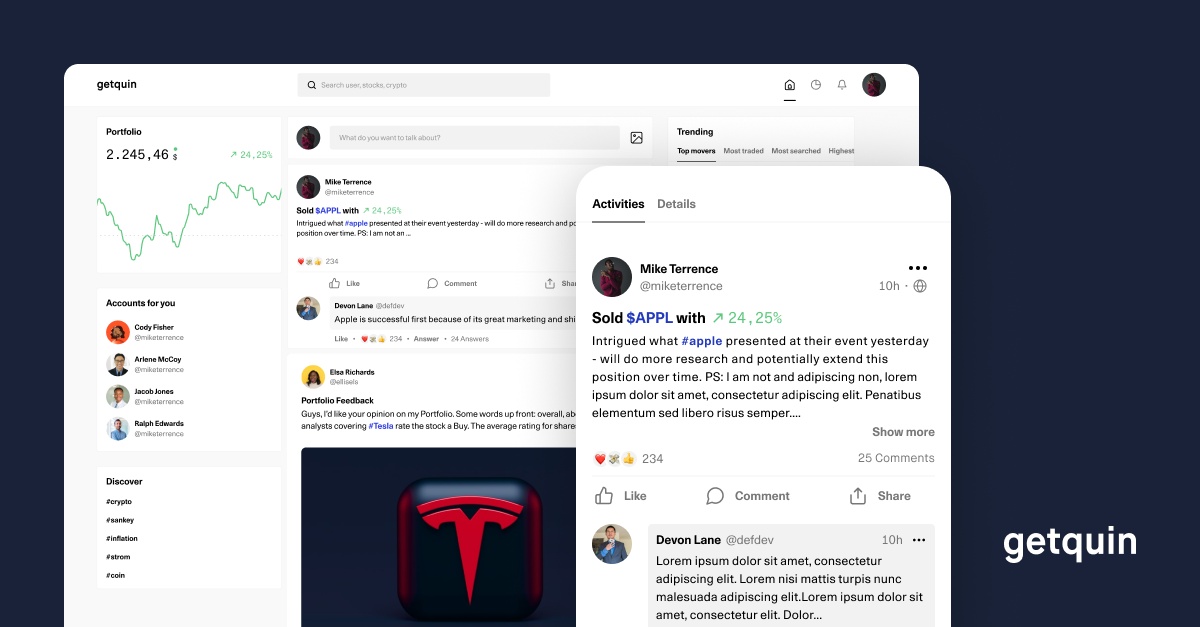@Paketknecht highlighted the advantage of boring stocks over tech stocks (same return, less stress) in his article, which is well worth reading, and backed up this assertion with a backtest. https://getqu.in/VKv17a/
But backtests are a tricky thing. As with statistics, you should never trust a backtest that you haven't optimized for your own opinion ;-)
So I tried to do the backtest myself and examined the robustness of the result shown. For the long tests, I replaced CSCO with AMGN because it was also a (bio)tech stock in the late 90s and the data goes back to 1988. Here are my findings:
1) The result "boring stocks achieve the same as tech stocks" applies to the 1999-2024 period shown. But only to this one! 1988-2024 the tech portfolio outperformed the boring portfolio by a factor of 7(!) (18.8%pa vs. 12.6%pa). 2009-2024 the factor is 5 (23.5%pa vs. 10.7%pa). The selection of the time window for backtests is therefore crucial.
2) An argument against boring stocks? Not at all! If you replace just one stock in the boring portfolio with a tech stock, e.g. Unilever with Microsoft, the 1988-2024 return increases from 12.6%pa to 18.1%pa. The selection of individual stocks for the backtest is therefore also decisive (caution: survivership bias!)
3) Since the question about the savings plan came up: Assuming a starting capital of $10,000 and a monthly savings installment of $1,000 from 1999 onwards, the final result is as follows. Long-term portfolio: 1,307,000$, tech stock portfolio: 1,924,000$. Now the tech portfolio is ahead precisely because of the high volatility!
4) If you run the stocks through the portfolio optimizer and calculate the allocation with the highest return at 20% vola pa. in the period 1999-24, you get 14.9%pa. With which allocation? McDonalds 40%; Procter&Gamble 20%; Microsoft 25%; AMD 15%. Who would have thought it? An (almost) even split between boring stocks and tech stocks would have been the best option.
So: always diversify across assets and strategies! That's the best way to go.
(That's the result of this test, but as I said: it's best to check for yourself ;-))
Here are the links to test for yourself:
Boring stocks vs. tech stocks: https://www.portfoliovisualizer.com/backtest-portfolio?s=y&sl=7AIueJOT6WGykW8hNQ7cOYAs a savings plan: https://www.portfoliovisualizer.com/backtest-portfolio?s=y&sl=2QmAGEL9NIkQw2DMSQlqypOptimal portfolio: https://www.portfoliovisualizer.com/optimize-portfolio?s=y&sl=3Gh9m1BJnHHClsbNzp2nDW















